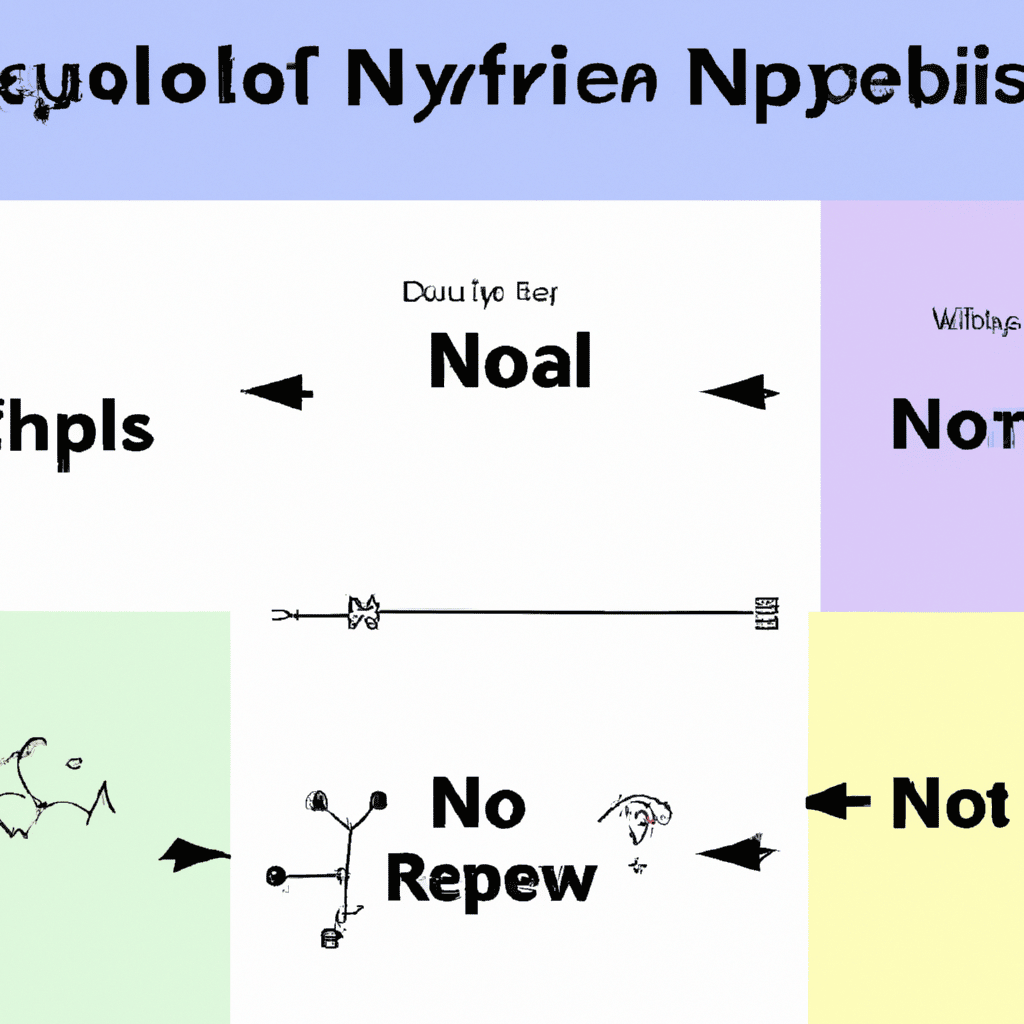Rejecting or accepting a null hypothesis is a crucial part of research. But how exactly do you go about it? This article provides helpful tips on how to properly reject or accept a null hypothesis.
Refusing Null Never Has to be Rude
Rejecting a null hypothesis is an exciting moment! After all, it means your research and experimentation have paid off. However, it’s important to remain professional. Refusing a null hypothesis can often feel like you’re saying “no” to something. But with a few smart strategies, you can do so without being rude.
First, consider the language you use when stating that the null hypothesis has been rejected. Phrases like “the results suggest otherwise” or “the evidence shows otherwise” are both polite, non-accusatory alternatives to the more straightforward “no, the null hypothesis is false.” This way, you don’t risk offending the person who proposed the null in the first place.
Second, make sure to give credit where credit is due. Acknowledge the person who proposed the null hypothesis and thank them for their hard work. This shows respect for their efforts and turns the conversation into a positive one.
Accepting Null? It’s a Celebration!
Accepting a null hypothesis is just as important as rejecting it. That’s why it’s important to treat it as the victory it is! Celebrating the acceptance of a null hypothesis is a great way to keep morale up and show appreciation for the hard work everyone put in.
One way you can celebrate is to host a small party or gathering. This can be done virtually or in person, depending on the current safety protocols. Celebrating with food, drinks, and fun activities is a great way to bring everyone together and show gratitude for a job well done.
Another way to celebrate is to recognize the person who proposed the null hypothesis. Acknowledge their hard work and thank them for their contributions. This can be as simple as a public thank-you on social media or a more personal note. Show your appreciation, and they’ll be sure to feel the love.
Rejecting or accepting a null hypothesis is a significant part of research. The next time you face this situation, remember to keep it professional, positive, and celebratory. With these tips in mind, you’ll be well on your way to making the most of your research results.
